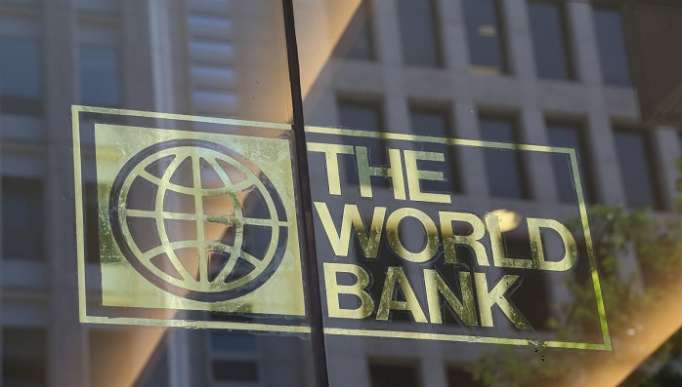This year’s report includes a decade-long analysis of human capital development from 2010 to 2020 in 103 countries. Azerbaijan is among the top 10 global improvers in progress made on health and education.
However, the Covid-19 pandemic and resulting turbulence in the commodity markets are threatening the gains made so far, with numerous challenges to maintaining health and education services in the face of pandemic-related restrictions to protect public health.
Azerbaijan’s HCI value is 0.58, meaning that a child born today in Azerbaijan can expect to achieve 58 percent of the productivity of a fully educated adult in optimal health. This is slightly higher than average for the Upper-Middle Income Countries.
"Governments in Europe and Central Asia have done well in prioritizing investment in health and education, which are key drivers of growth and development. The challenges unleashed by Covid-19, however, require an even stronger policy response, including greater use of technology to improve service delivery and enhanced social assistance programs, to ensure that people receive quality education and health care", said Anna Bjerde, World Bank Vice President for the Europe and Central Asia region.
The recently completed study Survive, Learn, Thrive: Strategic Human Capital Investments to Accelerate Azerbaijan’s Growth, carried out by the World Bank and Government of Azerbaijan, has identified progress and challenges in building and activating human capital in Azerbaijan. Over the last 10 years child mortality and child stunting rates in Azerbaijan have dropped considerably.
To tackle ongoing human capital development challenges in the education sector, Azerbaijan needs to increase access to early learning programs and improve relevance of the higher education system. In the health system, it needs to improve the system’s response to chronic diseases and increase the efficiency of financial resources to ensure better health care provision. In the area of social protection and labor, the country needs to increase investment in social assistance to support the most vulnerable and expand the scope and coverage of active labor market programs.
"Azerbaijan’s population, its ‘human capital’, is the most precious resource in the country and the World Bank is committed to supporting opportunities to further enhance the well-being and productivity of the population – across ages and genders and regions," said Sarah Michael, World Bank Country Manager for Azerbaijan.
The World Bank’s HCI looks at a child’s trajectory, from birth to age 18, on such critical metrics as child survival (birth to age 5); expected years of primary and secondary education adjusted for quality; child stunting; and adult survival rates. HCI 2020, based on data up to March of this year, provides a crucial pre-pandemic baseline that can help inform health and education policies and investments for the post-pandemic recovery.
More about: #WorldBank
















































